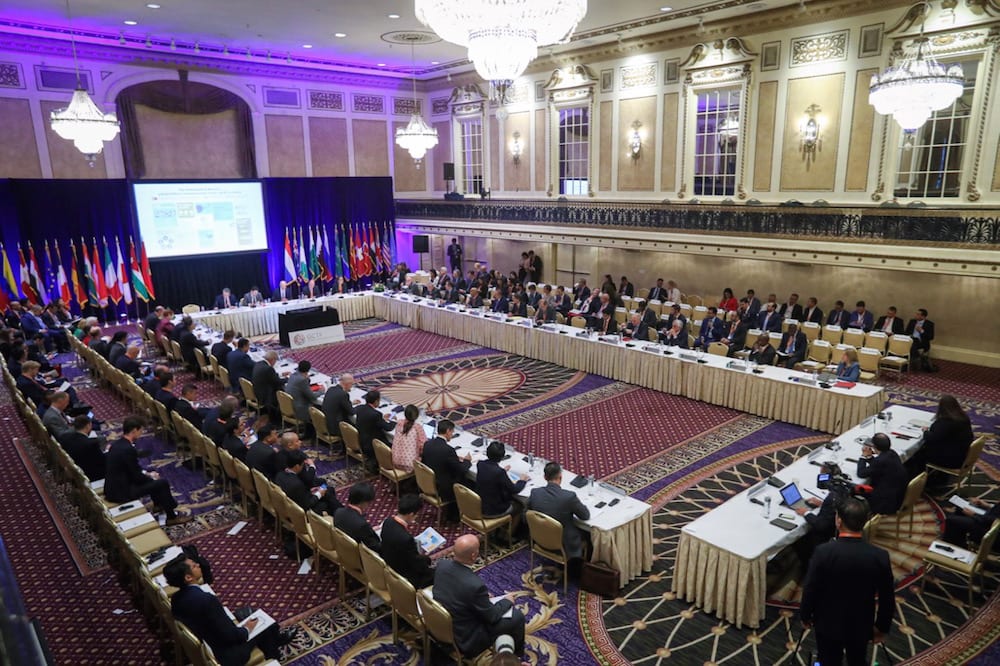"The strategy renewal resolution that the UN General Assembly approved on June 30 retains several rights-protecting provisions and even adds a few new ones. Significantly, it calls on the UN secretary-general to assess whether the UN needs human rights oversight of its counterterrorism agencies and programs."
This statement was originally published on hrw.org on 8 July 2021.
Human rights monitoring mechanism still urgently needed
Human rights has long been the weakest of the four pillars of the 2006 United Nations Global Counter-Terrorism Strategy, an international roadmap for addressing terrorist threats. Many UN member countries have quashed peaceful dissent, dangerously expanded surveillance powers, targeted religious and ethnic groups, and curtailed due process and fair trial rights under the guise of countering terrorism.
But in an overdue shift, language in the latest revision of the strategy could help ensure rights and security go hand in hand.
The strategy was reviewed this spring after a three-year hiatus, and the fight was fierce among member states over gender and child rights, humanitarian aid, civic space, biometrics, and repatriations of foreign Islamic State suspects and family members, most of them young children, from northeast Syria. Several governments tried to insert overbroad definitions of “new” terrorist threats that could have widened the door to abuses.
The strategy renewal resolution that the UN General Assembly approved on June 30 retains several rights-protecting provisions and even adds a few new ones. Significantly, it calls on the UN secretary-general to assess whether the UN needs human rights oversight of its counterterrorism agencies and programs, which have expanded dramatically since the September 11, 2001 attacks. Independent, impartial oversight is sorely needed.
The strategy still contains problematic provisions and negotiations around revisions were largely opaque. Yet thanks in no small measure to concerted public and private advocacy by a coalition of nongovernmental organizations including Human Rights Watch, this year’s review was far more positive and inclusive than in the past.
The challenge now is to translate these advances into action. Already, Human Rights Watch and coalition partners have begun pressing Secretary-General António Guterres to establish a full-time human rights mechanism to watch over the entire UN counterterrorism system, using the assessment that the resolution assigns him. The coalition also continues to call for increased civil society engagement.
Abusive counterterrorism measures flout international human rights and humanitarian law. They can also backfire by alienating local communities and fueling violent extremist narratives. That warning comes not only from groups like Human Rights Watch: it is contained in the UN Counter-Terrorism Strategy itself.



